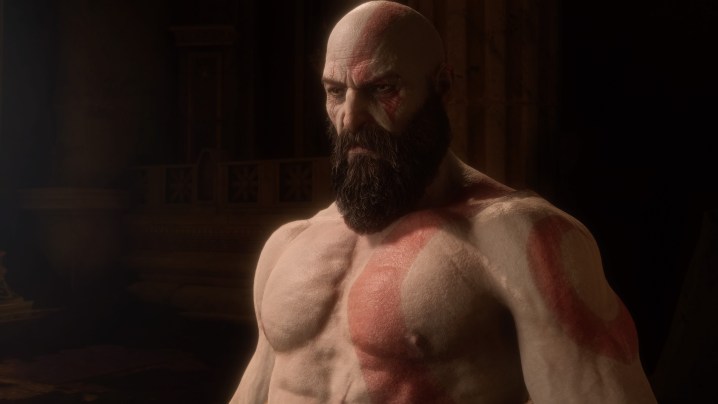For years now, studios have been chasing the impossible dream. Rather than giving games one or two great expansions, we’ve seen a rise in live-service games looking to replicate the titanic success of games like Fortnite. Though that continued in 2023 (especially in Fortnite itself), this year has seen a return to a more traditional approach to DLC and expansions — and that’s led to some unforgettable results that prove the power of a focused update.
The year started strong with Dead Cells: Return to Castlevania and that momentum kept going strong through the end of the year with Cyberpunk 2077: Phantom Liberty, Pokemon Scarlet and Violet: The Hidden Treasure of Area Zero, and God of War Ragnarok: Valhalla. Ultimately, this speaks to a future where both can coexist. Not every game needs to relegate post-launch support to seasons upon seasons of road-mapped content; sometimes, a meaty expansion can be just as compelling.

Considering that we’ve seen legacy studios like Naughty Dog and Rocksteady Games struggle to pivot to live-service gaming, it’s nice to have a year where many more traditional expansions came out and were well-received. Sometimes, I don’t want to play the same game every day for an entire month, but will return to it for a massive expansion that shakes the fundamentals up drastically. Dead Cells: Return to Castlevania recontextualized the roguelike’s mechanics into the parameters of a series the game already took a lot of inspiration from, while God of War Ragnarok: Valhalla changes the base game’s structure entirely from linear single-player adventure to roguelite.
These expansions can also add huge new areas to explore after a long wait, like Horizon Forbidden West: Burning Shores bringing players to California, Cyberpunk 2077: Phantom Liberty adding Dogtown, or both parts of The Hidden Treasure of Area Zero adding Kitakami and Blueberry Academy. Then there’s the DLC that serves as and epilogue to the main story. This year, the most notable expansions that took that approach were Xenoblade Chronicle 3: Future Redeemed and, once again, God of War Ragnarok: Valhalla.
While both of these may seem like enjoyable bonus continuations of the main story for the most hardcore of fans, they are actually epilogues of their respective franchises. They both demonstrate that even story-driven games are well-suited for expansions and DLC, while narrative-focused games that have attempted more live-service-adjacent approaches, like Silent Hill: Ascension, have fallen flat this year.

While traditional expansions and DLC have never entirely disappeared, they had a strong resurgence in 2023. Cyberpunk 2077 even won Best Ongoing at The Game Awards 2023 despite going up against titles like Fortnite and Genshin Impact. This revitalization is refreshing for those like myself who are tired of an onslaught of seasonal updates and battle passes flooding many of the games we play. Especially for single-player games, I like having a compelling reason to come back and sink hours into the game again, even if I had abandoned it for the months in-between.
I don’t think it’s a one-or-the-other situation. In the age of live service, there’s a balance to be struck between frequently updating games and releasing comprehensive expansions intermittently. Developers can find ways to release content-filled expansions consistently, as Motion Twin has with Dead Cells. Alternatively, titles like Destiny 2 and Diablo IV have shown that there are ways to mix in seasonal updates with bigger expansions.

Developers can now update games whenever they want. Phantom Liberty feels like such a revelation partially because of all the work that went into fixing the base game with almost three years of patches and smaller-scale updates. CD Projekt Red turned its game around because it had the opportunity to provide consistent updates and massive game-changing expansions to players.
Developers are sticking around and supporting games post-launch more than they ever have before, and 2023 signified that there are many ways developers can do this. As projects like The Last of Us Online get canceled because their studios struggled to pursue the Fortnite-like live-service route too closely, this year should serve as a reminder that all kinds of post-launch support can be engaging in their own ways and that the trendiest forms of support aren’t the only ways to keep fans playing after release.
Services Marketplace – Listings, Bookings & Reviews